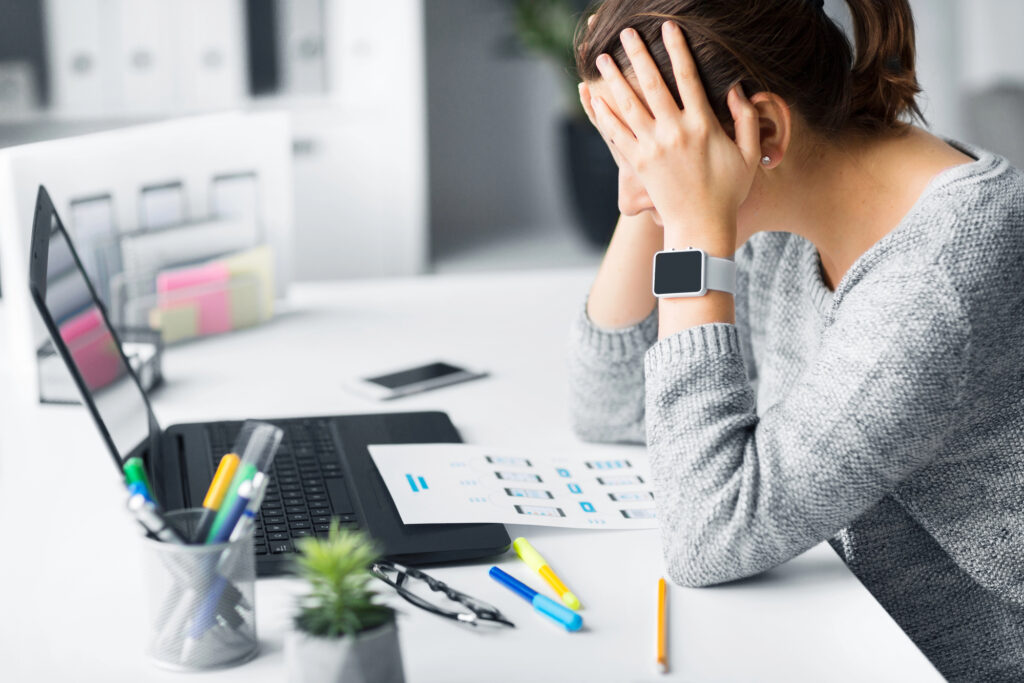Women and young people are the groups most vulnerable to mental health problems, reveal the results of a survey released today, which shows that these are the groups that suffer most from anxiety and stress.
The conclusions result from a survey of 7.576 people, carried out between September and December by Deco Proteste in Portugal, Belgium, Spain and Italy, and whose national results were released today, marking World Health Day.
Among the 1.563 respondents in Portugal, 57% of women reported some mental or emotional health problem in the previous three months, a much lower percentage compared to the 35% of men who shared the same experience.
Anxiety, the most reported problem, affected 43% of women, twice as much as men. Women are also the ones who suffer most from stress (35% compared to 21%) and difficulty sleeping (35% compared to 21%).
Continuing the same trend, mental health problems appear to affect younger age groups significantly more.
Between the ages of 18 and 34, 70% of women reported a problem in the last three years, compared to 47% of men in the same age group.
When asked whether they felt intense or very intense anguish in the previous month, more than half of young people confirmed that they had, above the 42% of respondents between 35 and 54 years old and 33% between 55 and 79 years old.
As people age, the article states, constant emotional instability, which affects 31% of young people, disappears from the list of most frequent complaints.
The results suggest, on the other hand, that there is still a stigma associated with seeking help for mental health problems, since, among those surveyed who reported a psychological problem in the last three years, only 43% followed treatment.
Among the majority who chose not to do so, more than half (56%) claimed they could resolve the problem alone and 18% said they did not feel comfortable talking about the subject.
Of those who followed some type of treatment, 65% took medication with antidepressants, anxiolytics, hypnotics or others and around half underwent psychotherapy, with 31% using “natural products” and 27% using relaxation and meditation practices.
Despite not being the most popular option, psychotherapy is the one that brings the most satisfaction, with 66% having their first consultation within two weeks. In relation to the public, the speed of scheduling the first appointment is greater in the private sector, but the cost of treatment is significantly higher, which can reach, on average, 137 euros per month.
The survey also looked at possible triggers, such as unemployment, the loss of a loved one, financial difficulties and family or partner conflicts.
The results show, however, that Portugal was the only one of the four countries evaluated in which the situation is not associated with a significant increase in the volume of complaints and that, with financial difficulties or comfort, the proportion of respondents reporting problems is similar.
There is also no clear impact of practicing sport on mental health, although non-practitioners appear to be more vulnerable.



















Comments